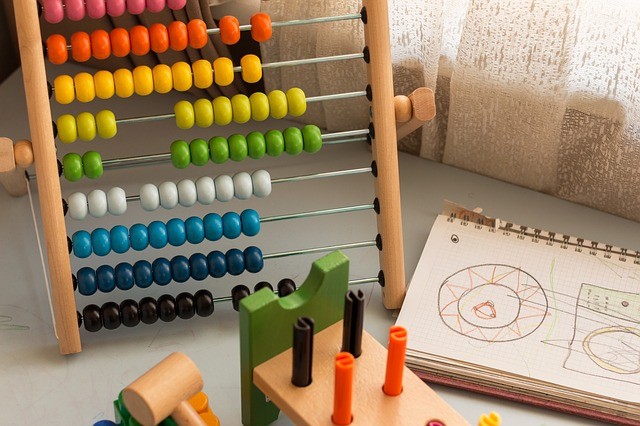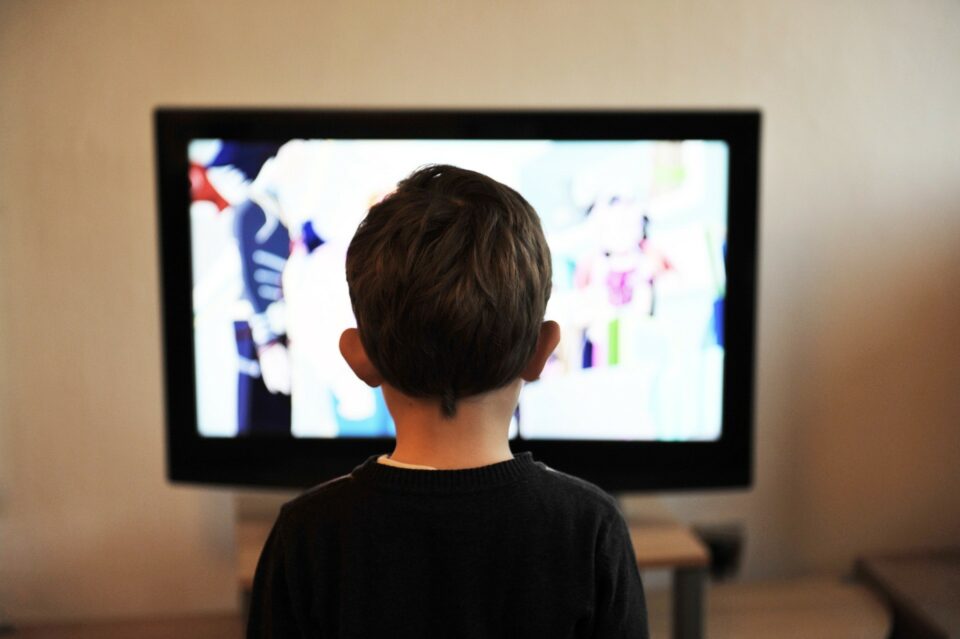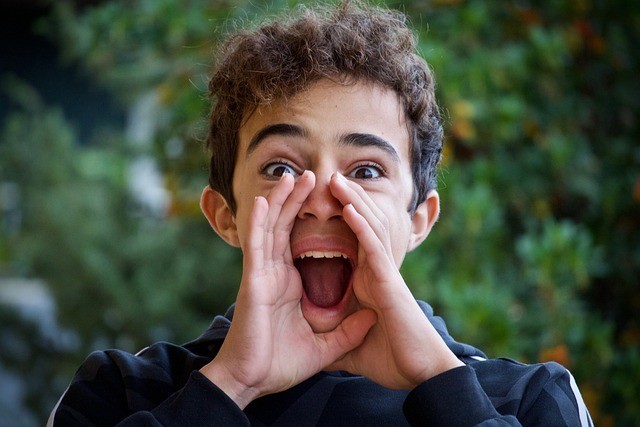As parents and carers, we want our children to grow up to be strong, independent, successful and happy. Young children are curious, want to learn and understand the world, and are easily interested in a wide variety of subjects. So, it makes sense that during this early childhood period, it is the best time to begin education and sew the seeds for future academic and personal development.
It’s quite normal to want your child to be carefree and have fun when they are young, but education doesn’t have to be in the form of sitting at a classroom desk, studying books to the point of boredom; in fact, studies have shown that this type of teaching is rarely that successful, especially during the early years of childhood. No, for a young child to want to learn, and to be interested in learning, education programs need to be cleverly thought out, almost disguising the fact that the child is learning at all.
A young child is basically a sponge, they soak up new knowledge and ideas very easily, and because they are not old enough to have really developed any solid opinions or views on many subjects, their minds are totally open to understanding and learning all about the world around them. Childhood education is vital on so many levels. Let’s explore in a little more detail exactly why.
Helping a Child to Socialise and Gain Independence
Education isn’t just about learning subjects academically, it is about developing personal skills too. A child who attends pre-school and upwards will come into contact with a wide range of new people, as well as many children their own age. This allows them to socialise and learn communication skills, social skills, and also develops confidence and independence. The earlier a child socialises with other children and families, the less chance there is of them becoming shy or suffering from low self-esteem. For this reason alone, the importance of early childhood education shouldn’t be overlooked.
Helping a Child to Develop Personal Skills
If a child has siblings, either older or younger, the chances are that they have already learnt a little about how to share and take turns, but doing this in a setting which isn’t the family home can really allow these skills to develop further. Childhood development encompasses sharing, perseverance, taking turns, cooperating, and manners. In the case of an only child, this point is even more important.
Early Education Sews The Seeds For Future Development
We mentioned that children at this age are literally sponges, and this is a crucial time to sew the seeds for future success and development. If you hold your child back from attending pre-school or even their first few days at school, you are not allowing those seeds to be sewn. As a result, your child is a step or two back from their peers, and this could be a trend which continues throughout their educational life. Quality early childhood education helps a child to develop emotionally, socially, physically, and mentally.
Helping to Create a Sense of Enthusiasm For Learning
Children who enjoy learning are always going to be more keen and eager to take more knowledge on board, and therefore be successful in whatever career they choose to embark on in the future. Early childhood development hinges on encouraging a child to learn, because at this age, you’re moulding them for the future. By creating a real sense of enthusiasm and eagerness to learn, read, explore, and discover, as early as possible, you’re setting them up in a positive manner for the future.
Teaching The Art of Respect and Teamwork
Quality early education allows a child to learn respect from a very young age, both for teachers and for other pupils and children in the class. In addition, it also helps to reinforce respect for objects too, e.g. the things which are bought for them. A busy pre-school setting is the ideal place to learn manners (as mentioned before) and respect because there are so many people and children around at any one time. Of course, this also helps children to learn the art of teamwork and pulling together to achieve a common aim. This is a key skill which will see them through to the end of their working days.
Helping to Develop a Sense of Strength in Adversity
A child is not going to come across terrible situations in pre-school, but they may have their first falling out with a friend, they may come into contact with name calling, etc, and whilst the thought is terrible for a parent to bear, these are situations and experiences which children all need to go through, in order to develop personal strength in the face of adversity. By ‘molly coddling’ a child, and not allowing them to experience life, both its ups and its downs, you’re not going to produce a strong and determined future adult, but by allowing them to experience life and develop their own coping mechanisms early on, this is entirely possible.
Many people falsely think that pre-school is all about playing with other children, but that’s truly not the case. Whilst a form of child care, pre-school is about developing the key skills which lay the foundation for future educational and personal success. Any child with special education needs can be identified very quickly and early on, which will also ensure a better chance of overall success as they go through their educational years.
With all this in mind, the importance of early childhood education is very clear.




